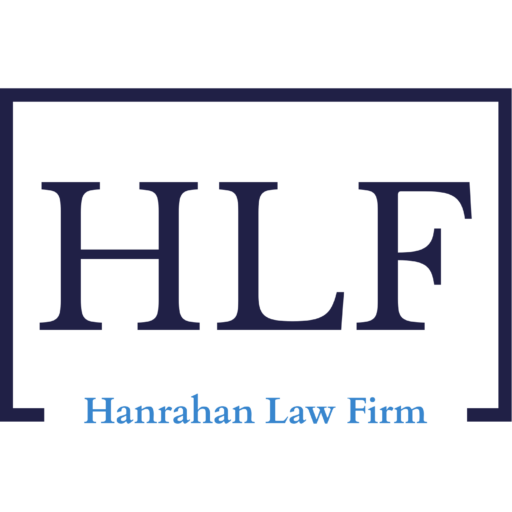In less than a week, the U.S. Supreme Court will hear arguments in Alice Corporation v. CLS Bank International, a case that could impact the patentability of computer software and business methods. Although an outright ban on the patentabilty of software is unlikely, the Court is expected to focus more on what constitutes an unpatentable “abstract idea.”
The “abstrat idea” test is nothing new to the Supreme Court, however, previous decisions such as the one issued in the 2010 Bilski case, which failed to articulate definite boundries of an abstract idea, have proven to be unsatisfacory.
Critics argue that software-based and business method patents tend to be vague, directed to obvious inventions and hinder innovation by simply covering abstract ideas and mathematical expressions. Proponents, however, including Microsoft, point out that software-enabled inventions are “the modern-day heirs to mechanical inventions” and that by viewing computers as merely calculators is “disconnected from the reality of where innovation is occurring today and where most innovation will occur in the future.”
With arguments scheduled for March 31, 2014, a final decision from the Supreme Court is not expected until late June 2014.
Some additional articles on this topic: PatentlyO.com and Nature.com.
Now serving all 50 states and Worldwide | 1.888.252.6791 | [email protected]
